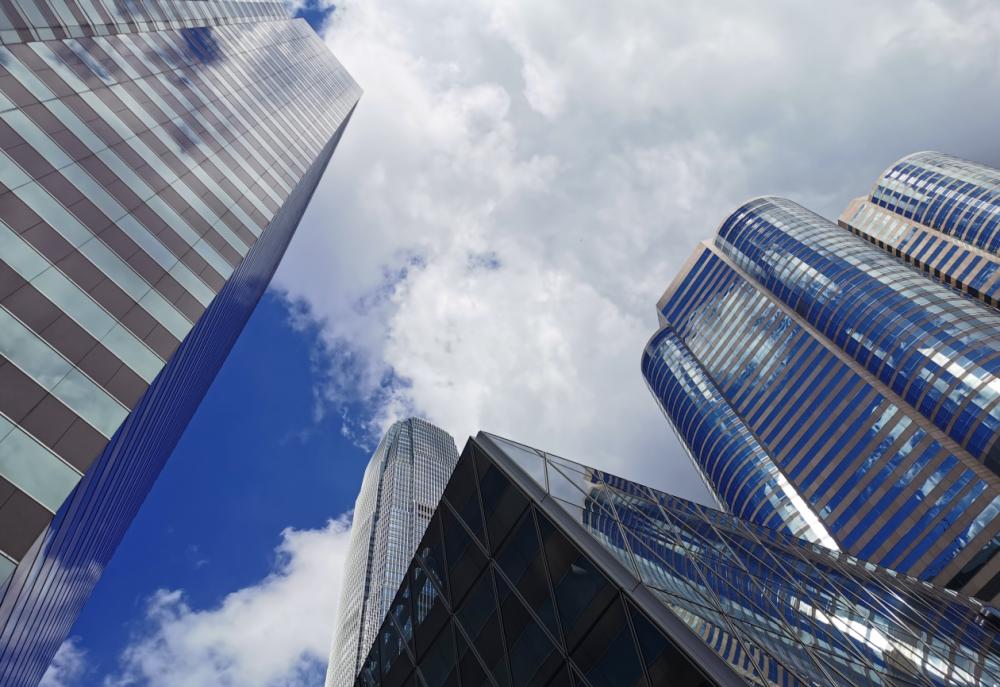
It turns out that Henry Ford, the founder of ford motor (F.US), has always been right.
After decades of global just-in-time managed supply networks, automotive companies seem to be returning to the founding principles of "Ford-style" self-sufficiency.
After World War I caused shortages and logistics disruptions, Ford's response at the time was to have a fully owned automotive supply chain from mine to product.
Today, car companies face the same problem, which, combined with strong demand for electric vehicles, means that industry players need to create entirely new metal supply chains.
According to the Zhitong Finance APP, Tesla (TSLA. US) CEO Musk once tweeted that if the "crazy" lithium prices continue, the company "may have to enter the mining and refining industry directly and on a large scale."
Musk isn't the only auto executive considering mineral self-sufficiency. Almost all manufacturers are dealing with supply shortages and soaring prices for key battery feedstocks such as lithium, nickel and cobalt.
"Henry Ford is right," said Jim Farley, fore Motor's current CEO, "and our vertically integrated initiative is very important. In the future, the company may plan to extend its supply chain control "all the way to the mining industry."
Battery metal prices soared
The problem that every car company is currently facing is the soaring cost of lithium-ion batteries, which has forced many companies, including Tesla, to raise the price of electric vehicles.
In the early stage of industry development, thanks to the continuous improvement of technology, the cost of battery packs has been showing a long-term downward trend. However, the runaway price of battery metal has become the culprit, causing manufacturers to lose their way in the common goal of equal prices for electric vehicles and fuel vehicles.
Cobalt prices have almost tripled since the beginning of 2021. At one point in March, a frenzied spike in nickel prices forced the London Metal Exchange (LME) to suspend trading at the current price of $33,600 a tonne, up 59% from its level in early January.
For the soaring prices of cobalt and nickel, battery manufacturers have responded to the use of more lithium iron phosphate batteries in the past, but this will only make the supply of lithium market tight, and the spot price of lithium has doubled since the beginning of this year.
According to consultancy Benchmark Minerals, in 2015, metal accounted for 40 percent of the cost of batteries, and this year that share has risen to 80 percent. This has led to a gradual shift in the common theme of the entire industry, as eviction car sales accelerate and supply fails to react quickly enough to the sharp changes in demand, and more and more gigafactories will be built around the world to supply the necessary batteries.
Benchmark Minerals warns that the likelihood of supply shortages will increase in the coming years. "Even in the most optimistic scenario, where every raw material project in the pipeline starts production and existing businesses expand significantly, by 2030, the raw materials in the battery supply chain will still be insufficient."
The lack of metal supply could also hinder the electric vehicle revolution, with businesses that cannot secure adequate supply face the prospect of declining production and slower time to market. Electric vehicle startup Rivian Automotive (RIVN. US) CEO RJ Scaringe even warned that the shortage of battery supply for electric vehicles is serious, and the chip shortage is just a piece of cake.
Battery metal craze
Fears of high prices and concerns about missed opportunities outright may be driving automakers to "extend supply chain management all the way to the mining industry."
Tesla is a pioneer in this area, an undisguised ambition to make batteries from metal sourced directly from mining companies. Currently, the company has secured commitments to secure future supply from lithium projects in the U.S. and Australia and has an offtake agreement with U.S. mining company Tamaron Metals Corp. for the proposed Tamarack nickel mine in Minnesota.
Other car companies like BMW YY. US) has also secured supply channels for cobalt and lithium for its upcoming fifth-generation battery packs, and directly supplied lithium and cobalt raw materials to two battery manufacturers, 300750.SZ and Samsung SDI.
Volkswagen (VWAGY. US) is no longer a simple off-take deal, but an alliance with Tsingshan Holdings and Huayou Cobalt (603799.SH) to plan a construction scale that can meet the supply of nickel and cobalt raw materials required for about 160GWh batteries.
As you can see, the battery metal craze has set off, and Musk's tweets seem to have inevitably caused ripples in the mining industry (or at least before he decided to buy Twitter instead of a lithium miner).
Or the market logic of undersupply and rising prices means that it may only be a matter of time before Tesla and other electric car makers enter the mining industry.
Under the boom, due to the high cost of new mining and the long development time, the biggest factor hindering the increase in the supply of lithium and nickel may be capital.